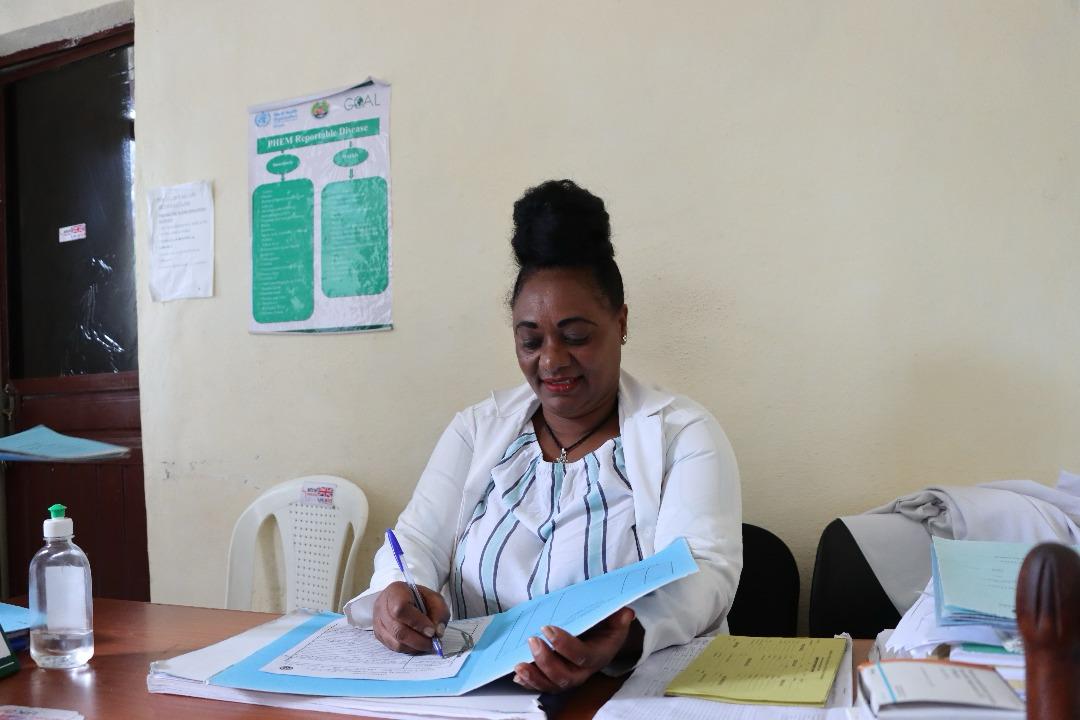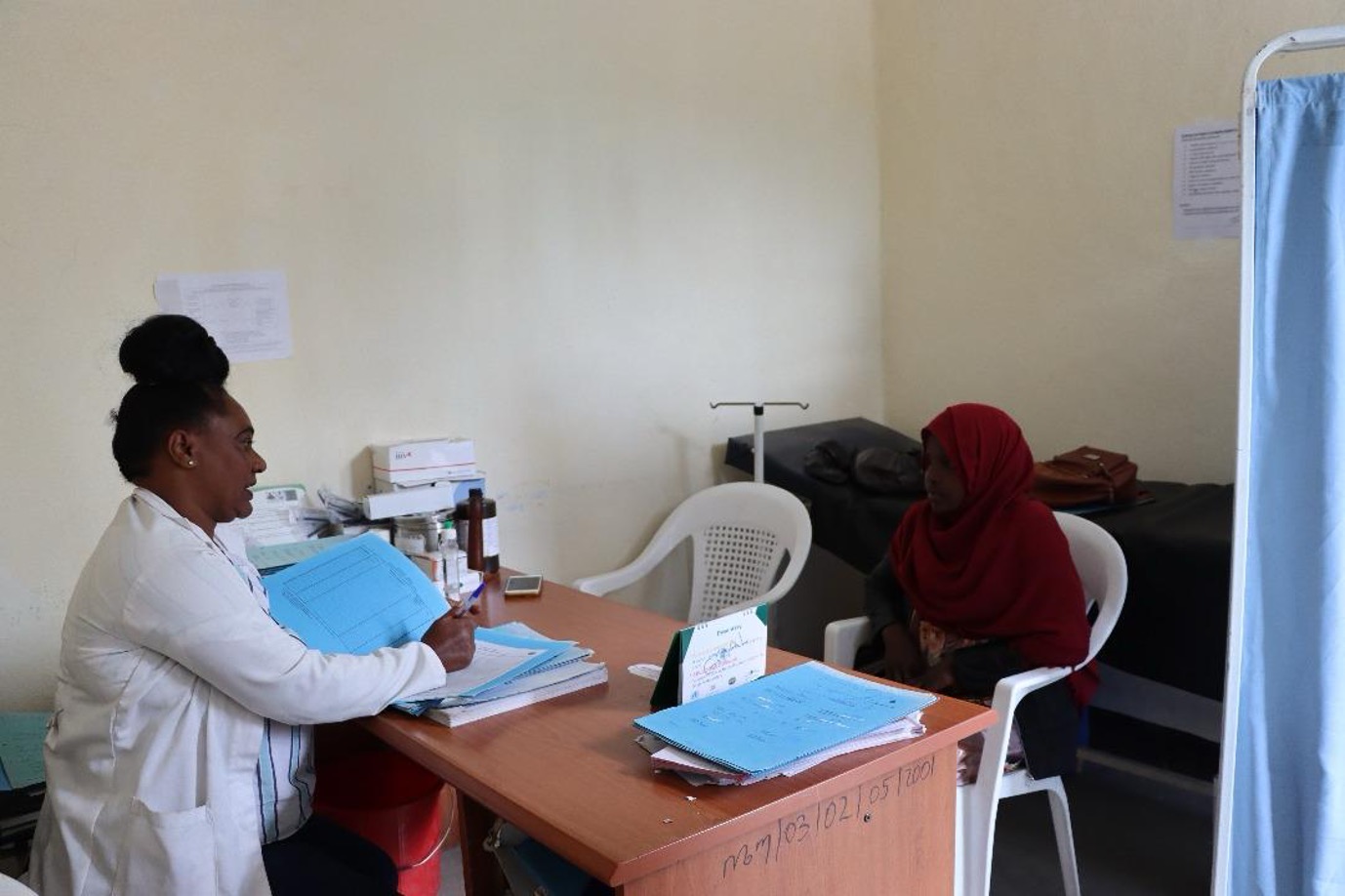Woinshet’s Story: Abortion Care Provider to Survivors of Gender-based Violence (GBV) in Internally Displaced People (IDP) Centers

Nurse Woinshet’s religious and conservative upbringing clashed with her duty to provide abortion care for survivors of gender-based violence (GBV).
“I felt conflicted, torn between what I was taught and the suffering I saw every day,” she recalls.
Woinshet, a nurse at Debre Birhan Health Center in Ethiopia’s Amhara region, spent seven years working in reproductive health, but her role took an unexpected turn when Internally Displaced Persons (IDP) camps were established in Debre Birhan. The camps, crowded and lacking privacy, left women and girls highly vulnerable to gender-based violence (GBV), including rape.
“Every day, I meet survivors, many as young as 15, who have endured horrific abuse. For some, the perpetrator is even a family member. The trauma is overwhelming,” Woinshet explains. The lack of consent and the prevalence of violence in these camps have left deep scars, not only on the survivors but also on Woinshet herself. “Being so close to their suffering has affected my own mental health,” she says.

In Ethiopia, 5.8 million people are in dire need of GBV prevention, mitigation, and response services. Women and girls bear the brunt of this crisis, especially in IDP camps, where conflict and displacement have stripped away safety and stability. Limited healthcare, stigma, and cultural barriers prevent many survivors from seeking help.
At first, Woinshet wrestled with the stigma and social beliefs surrounding abortion. But her perspective changed when the non-governmental organization Ipas Ethiopia, with financial support from the Government of Canada, provided specialized training on comprehensive abortion care in GBV settings. The training gave her the skills and confidence to support survivors effectively, breaking through the cultural and societal barriers that once held her back.
“I now know that I am saving lives and preventing young girls from seeking alternatives which mostly include taking their own lives; it helped me realize my own potential. Now I can confidently defend and explain why I do what I do. I was intent on taking the training and now I am the main person who provides this service in this facility,” she explains with pride.
Woinshet has since become the lead abortion care provider at her facility, offering counseling, contraceptive services, and safe abortion care to survivors. Over the past year, she has noticed positive changes: women are more aware of their rights, more willing to seek help, and more proactive in protecting one another.
Woinshet’s journey is a testament to the power of training and resilience. Through her work, she is not only transforming lives but also fostering hope in a community deeply affected by violence.
***
Source: This story is authored by the Canadian Development Agency.